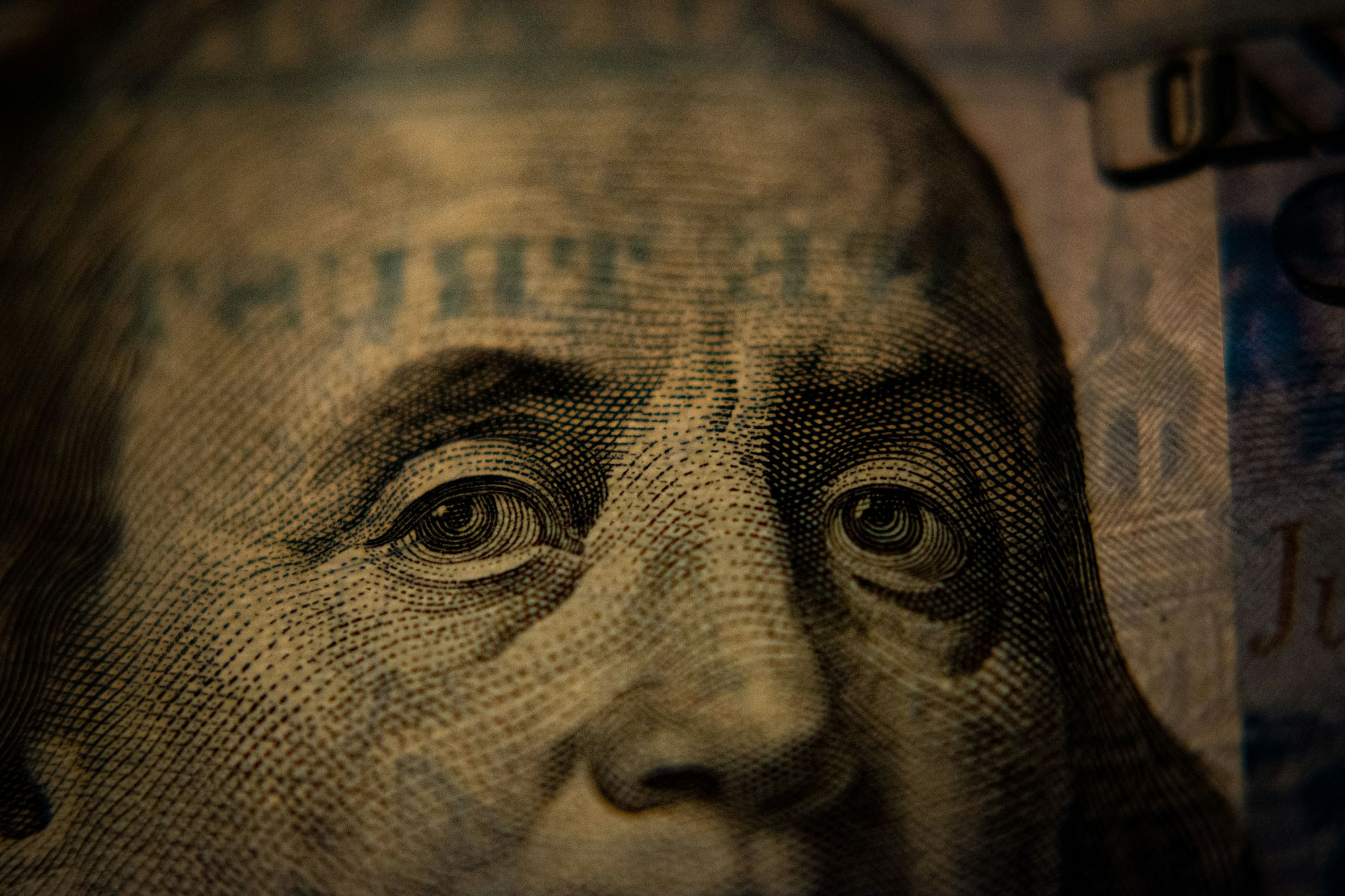Local Governments Causing National Trouble
Last month, Chinese leaders highlighted their concerns about the potential consequences of widespread municipal debt defaults on the financial sector. Economists interpreted this move as more constructive than the previous demand for "strict control" of local debts in April, suggesting that Beijing now realizes the urgency of taking action.
- For years, Beijing has demanded that local administrations handle their own debt problems, but the complexity of the issue has necessitated a change in approach.
- Analysts believe that the central government may now get involved, although the extent and conditions of their involvement are still a subject of debate. The duration of the proposed measures, whether short-term or multi-year, also remains uncertain.
Investors are closely watching these details to assess the effectiveness and longevity of Beijing's solution. The success of the effort will largely depend on the size of debt restructuring and the scale of the problem that Beijing acknowledges, according to experts.
Ballooning Debt Issues
China's local government debt has reached 92 trillion yuan ($12.8 trillion), accounting for 76% of economic output in 2022, up from 62.2% in 2019. Some of this debt is issued by local government finance vehicles (LGFVs) to fund infrastructure projects. The International Monetary Fund estimates that LGFV debt will reach $9 trillion this year.
- The central government is concerned that the actual debt burden may be even higher, considering any debt issued outside municipal balance sheets, leading to an unsustainable situation.
- This puts Beijing in a dilemma: not intervening could lead to economic model collapse and social instability, while stepping in might encourage reckless spending and moral hazard.
To address this, most economists expect Beijing to instruct state-owned banks to extend maturing debt by providing longer-term loans at lower interest rates, known as "extend and pretend." However, banks need to carefully manage the refinancing process to avoid damaging their own balance sheets and hindering financing for other parts of the economy.
Swapping Debt and Rates
Local governments are likely to utilize leftover bond issuance quotas from the previous year to swap "hidden debt" with official bonds on their balance sheets. This approach was employed between 2015 and 2018, when local governments issued approximately 12 trillion yuan of bonds to swap for off-balance sheet debt.
- Beijing may also encourage certain localities to raise funds by selling or leveraging assets.
- In contrast, the central government, with relatively more fiscal manoeuvrability, could issue low-cost bonds to replace local debt. Swapping high-interest debt with low-interest central government bonds could save local governments significant costs and ease their debt burden.
- Furthermore, generous direct fiscal transfers to fund essential public services might be part of the solution. The finance ministry has already anticipated record transfers of 10 trillion yuan this year, reflecting a 3.6% increase from 2022.
To prevent a recurrence of the local debt problem, policymakers will need to implement substantial changes to the country's economic structure. Analysts suggest reducing the emphasis on growth performance criteria when evaluating local government officials. However, accepting lower economic growth after decades of rapid expansion may be a challenging yet crucial step for Beijing and Chinese society.
Disclaimer
Please note that Benchmark does not produce investment advice in any form. Our articles are not research reports and are not intended to serve as the basis for any investment decision. All investments involve risk and the past performance of a security or financial product does not guarantee future returns. Investors have to conduct their own research before conducting any transaction. There is always the risk of losing parts or all of your money when you invest in securities or other financial products.
Credits






